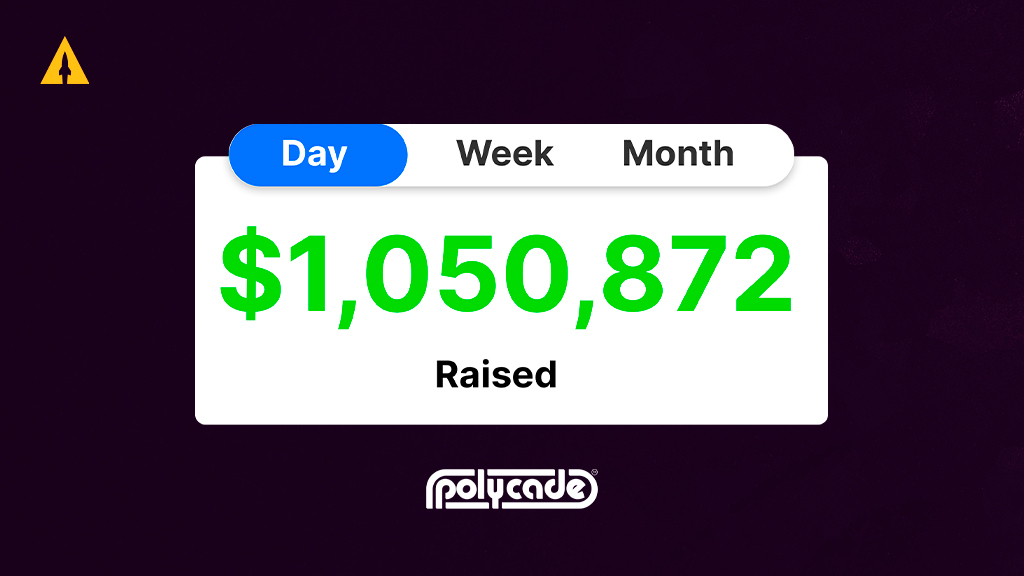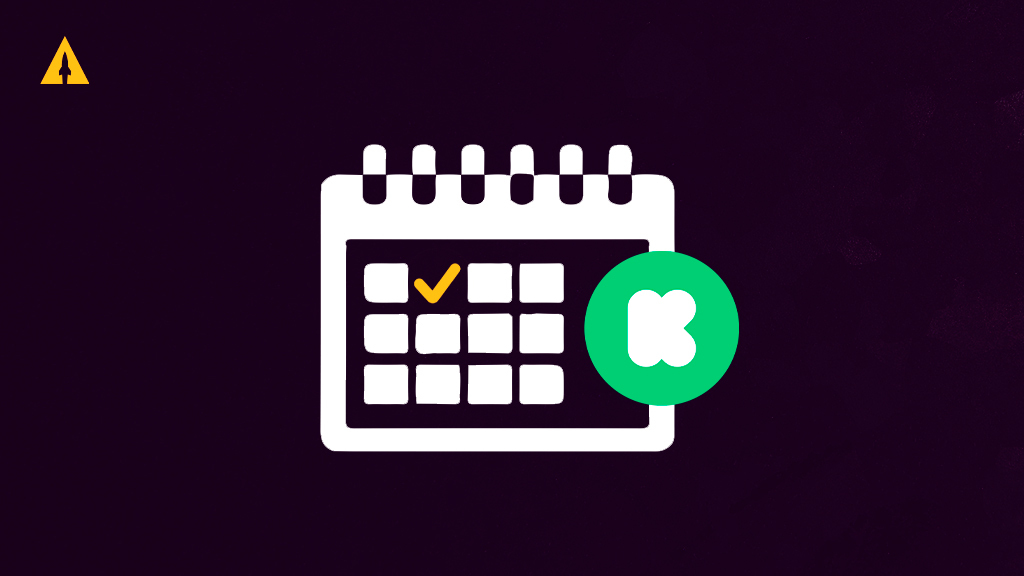
Crowdfunding has become a popular method for entrepreneurs and individuals to raise funds for their projects or causes. One of the popular crowdfunding platforms is Indiegogo, which offers a way for people to connect with potential backers and receive financial support. However, not everyone is eligible to crowdfund on Indiegogo. One of the key criteria that Indiegogo considers is the credit score of the potential campaign owner. In this article, we will explore the importance of credit scores in crowdfunding and specifically on Indiegogo, as well as provide tips on how to improve your credit score for crowdfunding success.
Contents
Understanding Credit Scores
When it comes to financial matters, credit scores are a topic that often comes up. But what exactly are credit scores and why are they so important? Let’s dive into the basics of credit scores and explore how they impact financing options.
The Basics of Credit Scores
Credit scores are numerical representations of an individual’s creditworthiness. They provide lenders and financial institutions with a quick snapshot of a person’s ability to repay borrowed funds. These scores are typically generated by credit bureaus, which collect information from various sources, such as banks, credit card companies, and other lenders.
One of the most commonly used credit score models is the FICO score. This scoring system ranges from 300 to 850, with a higher score indicating better creditworthiness. The FICO score takes into account several factors, including payment history, credit utilization, length of credit history, types of credit used, and recent credit inquiries.
Payment history is a significant factor in determining credit scores. Lenders want to see a track record of on-time payments, as it reflects a borrower’s reliability. Credit utilization, which is the amount of credit being used compared to the total available credit, also plays a role. Keeping credit utilization low demonstrates responsible borrowing habits.
The length of credit history is another important consideration. Lenders prefer to see a longer credit history, as it provides more data to assess a borrower’s creditworthiness. Additionally, the types of credit used, such as credit cards, mortgages, and personal loans, can impact credit scores. Having a diverse mix of credit can be viewed positively by lenders.
Lastly, recent credit inquiries can affect credit scores. When individuals apply for new credit, such as a loan or credit card, it triggers a hard inquiry on their credit report. Multiple hard inquiries within a short period may indicate a higher risk to lenders.
How Credit Scores Impact Financing Options
Now that we have a better understanding of credit scores, let’s explore how they impact financing options. A good credit score can open up a world of opportunities when it comes to obtaining loans, credit cards, and favorable interest rates.
Lenders view individuals with higher credit scores as less risky borrowers. They are more likely to approve loan applications and offer lower interest rates. This is because a good credit score demonstrates a history of responsible financial behavior and a higher likelihood of repaying borrowed funds.
On the other hand, a poor credit score can limit financing options and result in higher interest rates or outright denials for credit. Lenders may perceive individuals with lower credit scores as higher risks, making them less likely to approve loan applications or offer favorable terms.
It’s important to note that credit scores are not the sole factor considered by lenders. They also take into account other factors, such as income, employment history, and debt-to-income ratio. However, credit scores play a significant role in the decision-making process.
Improving credit scores takes time and effort. By practicing good financial habits, such as making payments on time, keeping credit utilization low, and avoiding excessive credit inquiries, individuals can gradually improve their creditworthiness. This, in turn, can lead to better financing options in the future.
In conclusion, credit scores are essential tools used by lenders to assess an individual’s creditworthiness. They provide a quick snapshot of a person’s financial history and habits. Understanding credit scores and their impact on financing options can help individuals make informed decisions and work towards improving their creditworthiness.
The Role of Credit Scores in Crowdfunding
Why Credit Scores Matter in Crowdfunding
Credit scores are not only important for traditional financing options but also play a significant role in crowdfunding platforms like Indiegogo. Indiegogo, like other crowdfunding platforms, aims to protect backers’ interests and minimize the risk of fraudulent campaigns. Therefore, Indiegogo takes into account the creditworthiness of campaign owners to assess their ability to deliver on their promises. A good credit score gives assurance to potential backers that the campaign owner has a track record of responsible financial behavior and is more likely to fulfill their commitments.
Credit Scores and Crowdfunding Platforms
While credit scores are considered by crowdfunding platforms like Indiegogo, it is worth noting that they are not the only factor that determines campaign eligibility. Crowdfunding platforms evaluate various aspects, including the campaign idea, the credibility of the campaign owner, and their ability to communicate and engage with backers. However, credit scores can significantly impact the trust and confidence that backers have in the campaign owner.
Indiegogo and Credit Scores
Indiegogo’s Stance on Credit Scores
Indiegogo recognizes the importance of credit scores in assessing the credibility of campaign owners. While they do not disclose specific minimum credit score requirements, they have stated that credit scores are one of the factors they consider when reviewing campaign applications. Indiegogo aims to maintain a secure and trustworthy platform for both campaign owners and backers, and credit scores are one component of that evaluation process.
How Indiegogo Evaluates Credit Scores
Indiegogo partners with third-party credit verification services to evaluate the creditworthiness of campaign owners. These services analyze a range of factors, including credit history, debt-to-income ratio, and current financial obligations. The evaluation process helps Indiegogo assess the level of risk associated with each campaign and make informed decisions in approving or rejecting applications.
Improving Your Credit Score for Crowdfunding
Steps to Boost Your Credit Score
If you intend to crowdfund on Indiegogo or any other platform, it is wise to proactively work towards improving your credit score. Here are some steps you can take:
- Pay your bills on time: Timely payments contribute to a positive credit history.
- Reduce debt: Lowering your debt-to-income ratio can positively impact your credit score.
- Monitor your credit report: Regularly check your credit report for errors or discrepancies.
- Use credit responsibly: Keeping credit card balances low and avoiding excessive new credit applications can enhance your creditworthiness.
Maintaining a Good Credit Score for Future Crowdfunding
Improving your credit score is an ongoing process. Once you have achieved a desirable credit score, it is essential to maintain it. Continuing responsible financial habits and regularly reviewing your credit report can help ensure your credit score stays strong. Remember, a good credit score not only opens up crowdfunding opportunities but also benefits you in other areas of your financial life.
Frequently Asked Questions about Credit Scores and Crowdfunding
Common Misconceptions about Credit Scores and Crowdfunding
There are often misconceptions about the relationship between credit scores and crowdfunding. One common misconception is that credit scores are the sole factor determining campaign success. While credit scores do matter, crowdfunding success is influenced by various other factors, such as the quality of the campaign idea, marketing efforts, and engagement with backers. A good credit score may increase trust but does not guarantee funding.
Expert Advice on Credit Scores and Crowdfunding
Experts recommend aspiring campaign owners to not solely focus on credit scores but to also create compelling campaigns that resonate with potential backers. Building a strong online presence, sharing your story, and providing regular updates can help establish trust and attract backers. Moreover, engaging with your network and promoting your campaign through various channels can maximize your chances of success.
So, what is the minimum credit score for crowdfunding on Indiegogo? While Indiegogo does not disclose specific requirements, maintaining a good credit score is crucial for building trust with potential backers. By understanding credit scores, improving your financial habits, and crafting an engaging campaign, you can enhance your chances of crowdfunding success on Indiegogo and other platforms.



